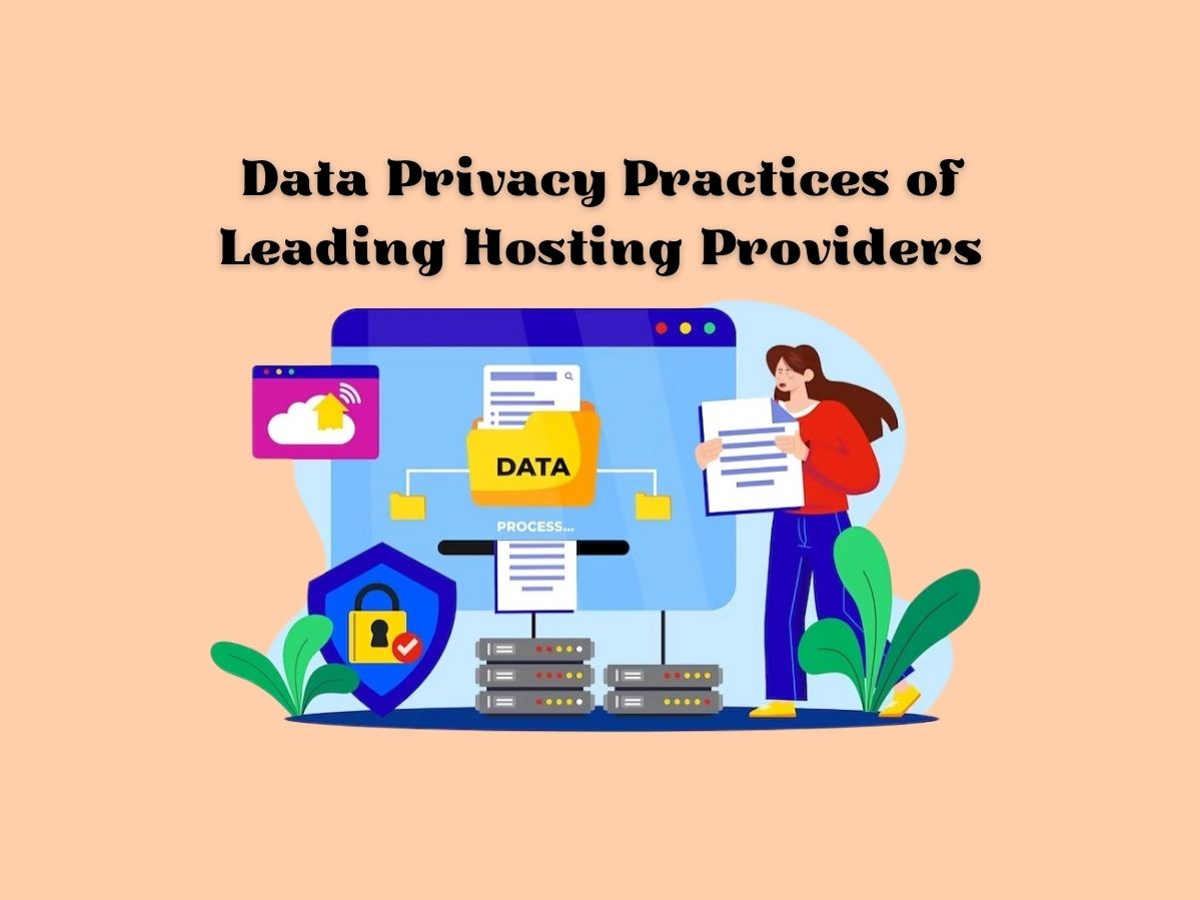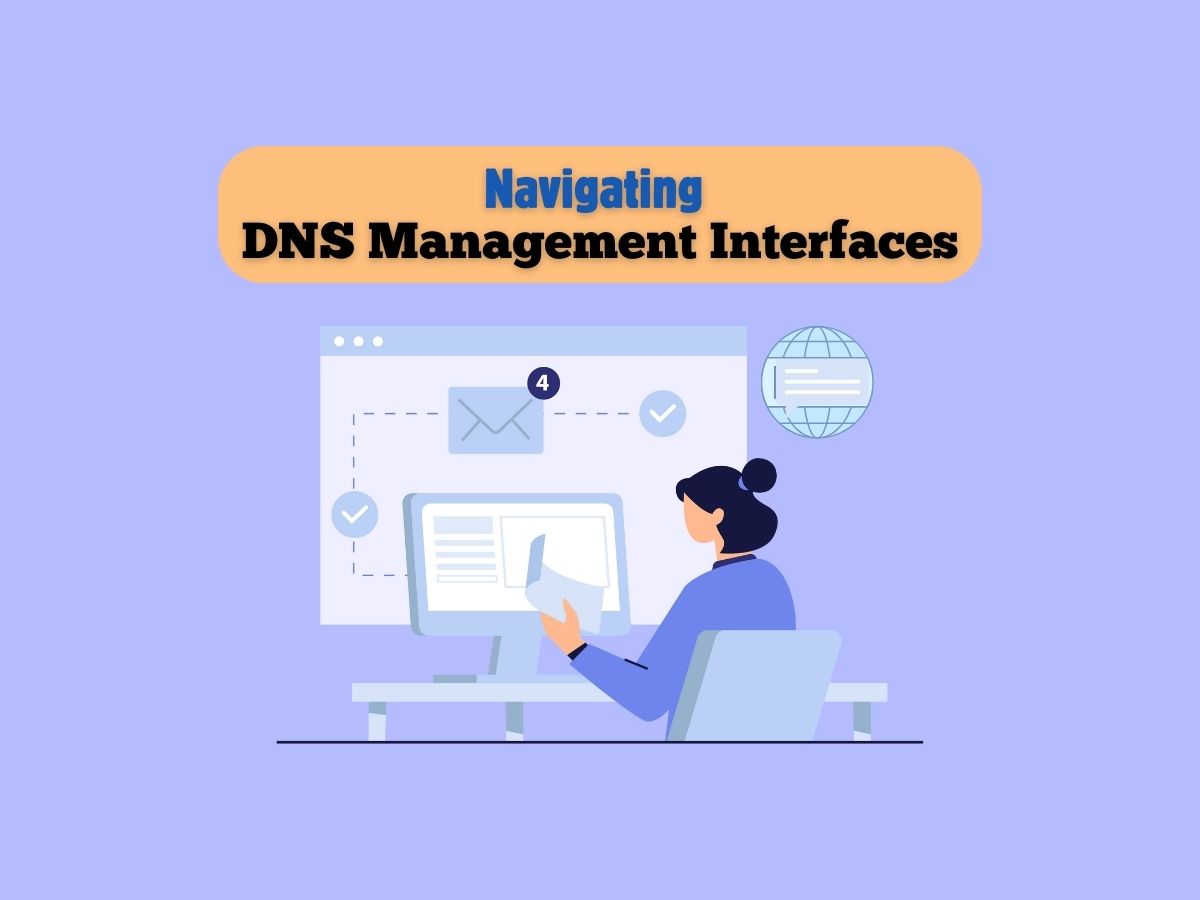
Case Study: Data Privacy Practices of Leading Hosting Providers
As businesses increasingly rely on web hosting services to power their online presence. They need to trust their hosting provider to handle their data with the utmost respect for privacy and security. The stakes are sky-high, as mishandled data can lead to reputational damage, customer loss, and even legal trouble. Let’s take a closer look at how leading hosting providers handle data privacy as an integral part of their service.
HostGator
In offering reliable Leading Hosting Providers, HostGator follows robust privacy practices and highlights them in their privacy policy. The provider specifies that they collect user information mainly to provide their services and improve user experience. They don’t sell or rent personal information without explicit consent. Though they do disclose user data to their contractors who help them deliver services.
To protect user data, HostGator uses advanced safeguards, including firewalls, SSL technology, and data encryption. Additionally, they maintain a dedicated platform, HackerSafe, for daily checking of potential vulnerabilities.
SiteGround
SiteGround’s take on data privacy is deeply rooted in transparency and respect for user privacy. They promise not to disclose account information unless required by law or to provide their services. They collect personal data only with the user’s consent and for the purpose of providing services, billing, identification, and authentication.
SiteGround adheres to all GDPR requirements and also meets all necessary conditions for data transfers between the EU and the US under the Data Transfer Agreement and the Standard Contractual Clauses.
InMotion Hosting
InMotion Hosting explicitly aligns its data privacy practices to be compliant with various privacy acts like the EU-US Privacy Shield Framework. The InMotion privacy policy details out what personal information they collect, how it is used, and when it may be disclosed. Promising complete transparency, they have a clear opt-out policy enabling users to control data collection and utilization.
Their active involvement in maintaining high data privacy standards contributes to their stellar reputation in the hosting world.
GoDaddy
GoDaddy’s data privacy policy emphasizes both user control and security. They offer users choices about the data they collect, how it’s used, and how it may be shared. Detailed in their policy, users have clear mechanisms to access, update, delete, or port their personal data if desired.
With a robust security infrastructure in place, GoDaddy uses encryption for data security, and its systems are regularly audited and tested to narrow down potential vulnerabilities, ensuring maximum data privacy.
Conclusion
At a time when data privacy is quickly becoming a deciding factor for consumers, web hosting providers need to prioritize user privacy. Top providers like GoDaddy, HostGator, InMotion Hosting, and SiteGround demonstrate how prioritizing strong data privacy practices can become a significant selling point. It’s crucial for businesses to closely review these policies while choosing a hosting provider, ensuring alignment with their privacy expectations. On the flip side, hosting providers should continue to invest in robust privacy practices to not just ensure regulatory compliance but also earn their users’ trust.







